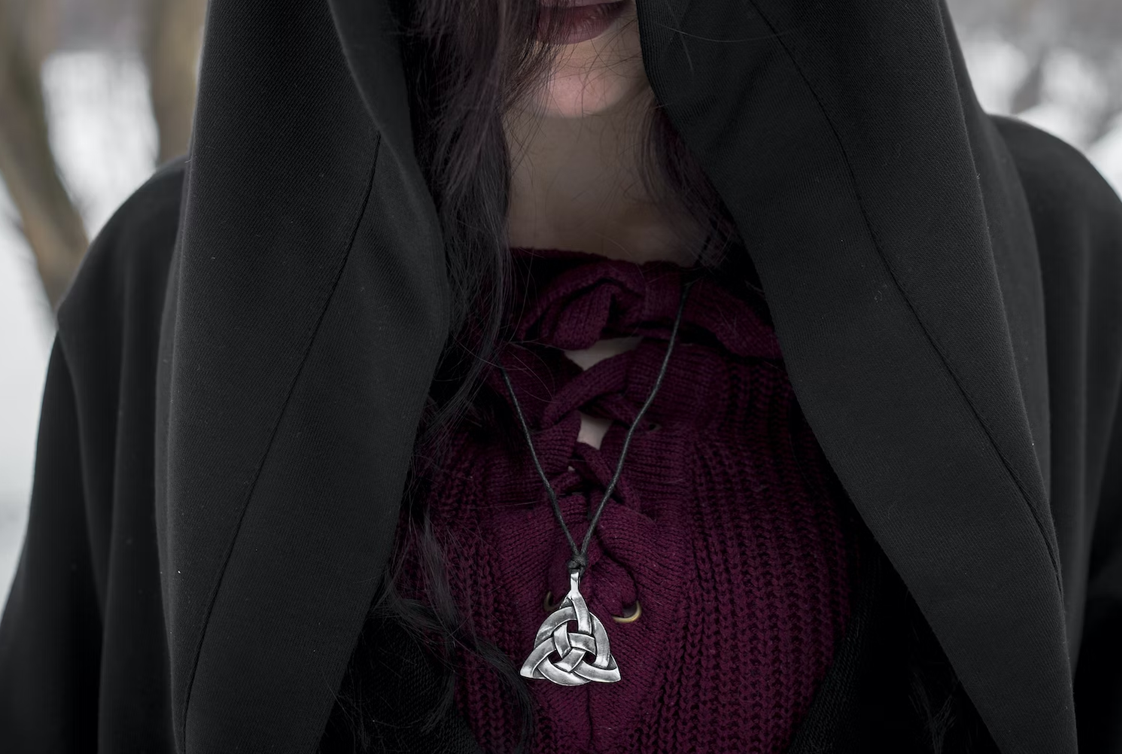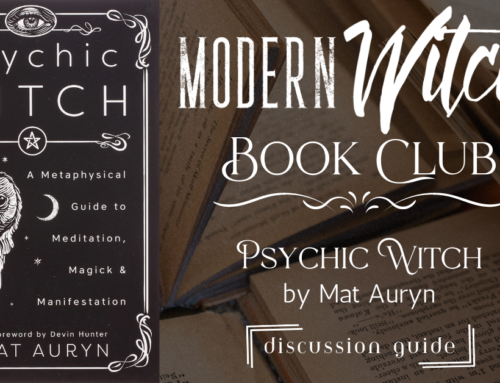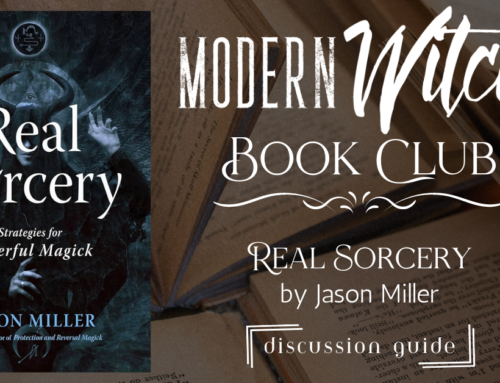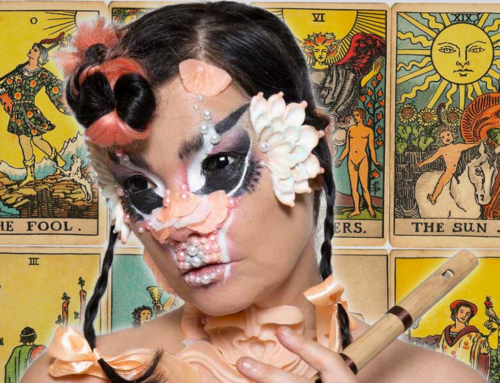We live in an era where people are becoming more and more conscious of cultural sensitivity every day.
When I first began paving my own path as a Witch, the culture of the broader Witchcraft community was not what it is today. It was extremely rare to hear anyone speak on matters such as cultural appropriation, and it was not uncommon to come across classes, workshops, and rituals dedicated to Gods and Spirits from cultures across the world…run by folks who had no ties whatsoever to those cultures.
Just one scroll on any social media platform today will show you that things have changed. I started making videos and online posts regarding Welsh polytheism, Paganism, and Witchcraft around 2018. Prior to that, my practice was purely offline, but I wanted to branch out and connect to others (and also wanted to dispel some common misinformation regarding my culture). In the first couple of years of posting, I never received questions such as “Are Welsh practices an open practice?” or “If I perform this Welsh spell, am I appropriating Welsh culture?”. In contrast, I now receive questions like this daily.
Things aren’t perfect, but the conversation is certainly shifting.
It became such a common occurrence that I decided to add a little section in the introduction of my book Welsh Witchcraft, mentioning that I consider Welsh practices to be, for the most part, open. As a Cymraes (a Welsh woman) who grew up in Wales, and speaks Welsh as my first language…I humbly invite anyone who wishes to learn of our Gods, our magic, our myths and cultural practices, to come and learn.
However, one thing that I believe needs to be said is: Just because a practice is open, does not mean it is yours to ravage. An open practice, especially one that is tied to a culture, is not open to be picked apart, misrepresented, cannibalised, bastardised, and torn to shreds.
Dispelling Misconceptions About Celtic Culture
Being Welsh, my culture can be classed under the “Celtic” umbrella. Unfortunately, despite “Celtic” cultures being highly revered and popular in the realms of modern Paganism and Witchcraft today…they are also deeply misunderstood.
Some misconceptions I have come across regarding Celtic cultures and beliefs include:
- There is one homogenous “Celtic” culture.
- “Celtic” is synonymous with “Irish”. All Celtic languages are “Gaelic”.
- The term “Celtic” refers to the ancient Celts only. Celts don’t exist today, they are the ancient pre-Christian peoples of certain areas of the world.
- Whether or not you are “Celtic” is determined by your DNA, your blood, your ancestry.
None of these statements are true. To break them down quickly:
Celtic is an umbrella term at best, it is a word that is somewhat controversial (many academics still squabble over what the word actually means, if it means anything at all). A variety of cultures and languages come under the “Celtic” umbrella. Ireland, Wales, Scotland, Brittany, and Cornwall are but a few examples of Celtic nations. There are also various languages in the Celtic family, not all Celtic languages are “Gaelic”.
The idea that “Celtic” is a term that describes the ancient Celts only is rather laughable. There are various Celtic nations still very much alive today, with their own Celtic cultures and thriving Celtic languages. We are still here; we did not go anywhere. Celtic languages such as Welsh have never been “resurrected”, they never died to begin with. We survive, we are still here.
And finally comes the dreaded DNA and blood debate. Though the term “Celtic” is controversial and debatable today, there is one thing we are certain of: The term “Celtic” is used to describe culture. Not blood but lived culture.
Culture is lived and cannot be passed down via DNA or blood. Culture is the language we speak, the food we eat, the songs we sing, the tales we tell. Culture is the way we live our lives.
I describe polytheism, Paganism, and Witchcraft that is inspired by the land upon which I was raised, Wales, and its culture and history as an “open practice”. My ancestors were happy to share their culture, and so am I. Our language and culture have long been suppressed, and the more people who know of it and appreciate it, the better!
However, that does not mean that respect shouldn’t be expected. A culture, or a practice based on a culture being open does not mean it is a free buffet to cannibalise, and twist into something beyond recognition.
How Do We Approach Practices That Are Inspired and Informed By Living Cultures Respectfully?
So how do you go about gleaning inspiration from cultures you have not lived within to fuel your magical and spiritual practice, in a respectful and sensitive manner?
I can only really speak for Welsh practices. In my eyes, if folks long to incorporate Welsh deities, or magical lore into their practices today I would hope that they would also be open to do one or more of the following.
- Learn the Welsh language, and its history of suppression. Our language was targeted for generations, and came close to being eradicated. But we are still here, and our language is stronger than ever. Learn the language, and aid us in promoting its use.
- Uplift native voices, don’t speak over those who actually live within the culture you are drawn to.
- Don’t get stuck in the past! Our past is amazing, but so is our present. Wales (And the other Celtic nations) is not some fairy-land stuck in a medieval-ren-faire period of time. We are a living culture. Learn about Wales’ history, but also our present.
I cannot speak for other cultures, but I would assume the same process could be undertaken. Approach practices inspired by living cultures with respect, with a desire to learn, with sensitivity and compassion. A practice being “open” does not mean it is not worthy of respect in any way.





